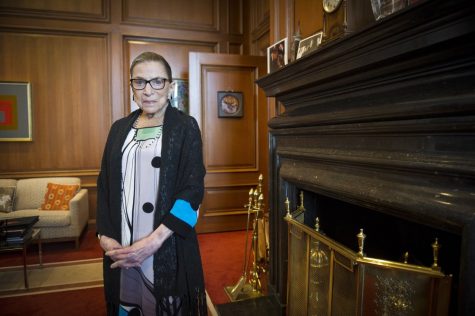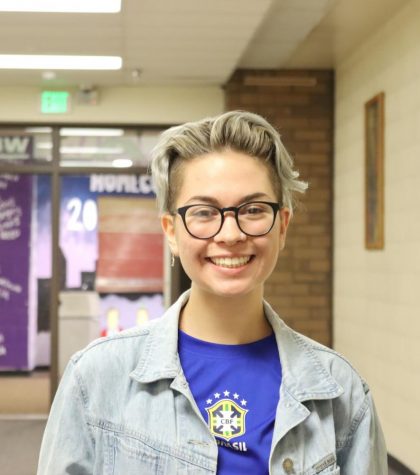Teachers implicate bias against students
March 15, 2018
Teacher bias has been a problem since the beginning of group education, but does that make it right? Should a student be excused on an assignment or bumped up a few points because the teacher likes that student in particular? Should someone get extra disciplinary consequences because of their sexual orientation or skin color? The answer to all of these questions should have been “no,” yet these very things happen every day in our very own school.
In the first pages of the Monroe High School Student Handbook, it states, “It is the policy of the Monroe Public Schools not to discriminate on the basis of race, color, national origin, gender, age, disability, religion, height, weight or marital status in its programs, services, employment, or any other activities.” One of the very first expectations we as students have when we come into school is that we will not be discriminated or judged unfairly by our teachers but many find themselves being treated differently based on a prejudice.
When accepting the position of a school supervisor or educator, it is an obligation to treat all students the same regardless of personal feelings towards anyone. When students do wrong, they should be treated with a set punishment that is not altered because the student is “going through a rough time” or he/she has had bad experiences in life. Bad behavior should not be excused based on a bias a supervisor has for a certain student.
It is not comforting to know as a student that if I were to get in trouble, there is a chance I could get more harsh disciplinary actions based on how the supervisor views me, my sexual orientation, my gender, and my personal views. Studies have shown that teacher bias can affect student learning habits, confidence, and overall school experience (time.com).
Biases do not always come negatively, however. A student may get extensions and excused work based on how well they get along with the teacher. The same rules are not always set for all students in a classroom, and there can often be a double standard on what is expected out of students.
School is where children and teens come to gain an education and prepare for their future. At no point should they have to worry about being judged or discriminated against based on race, color, national origin, gender, age, disability, religion, height, weight, marital status, or anything else. Schools should be a safe space of acceptance, and teachers should all strive to treat all students the same.





